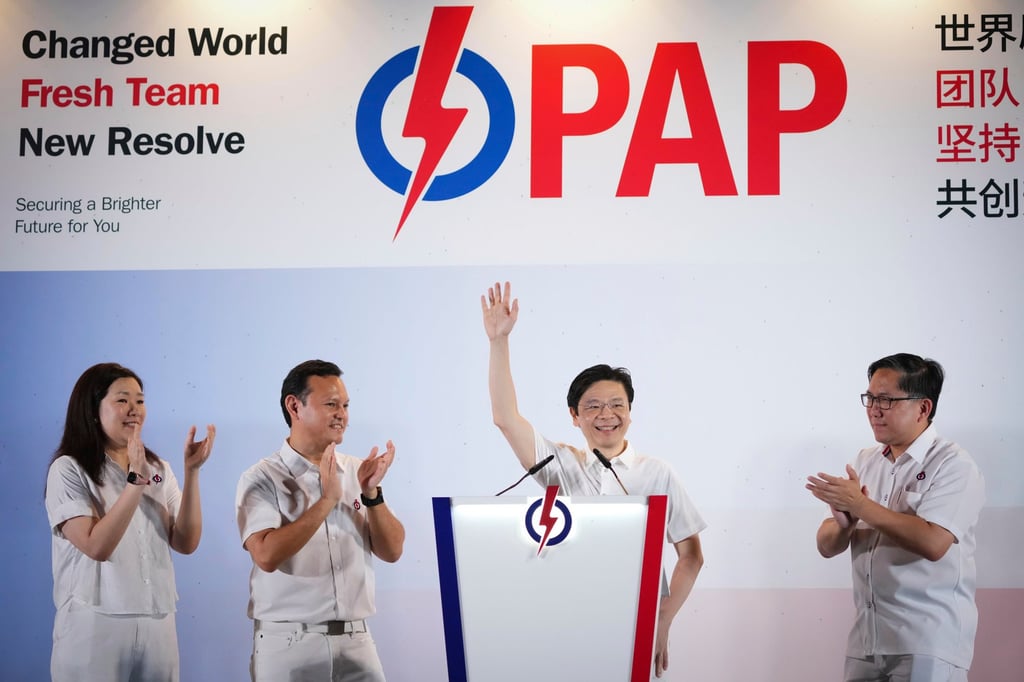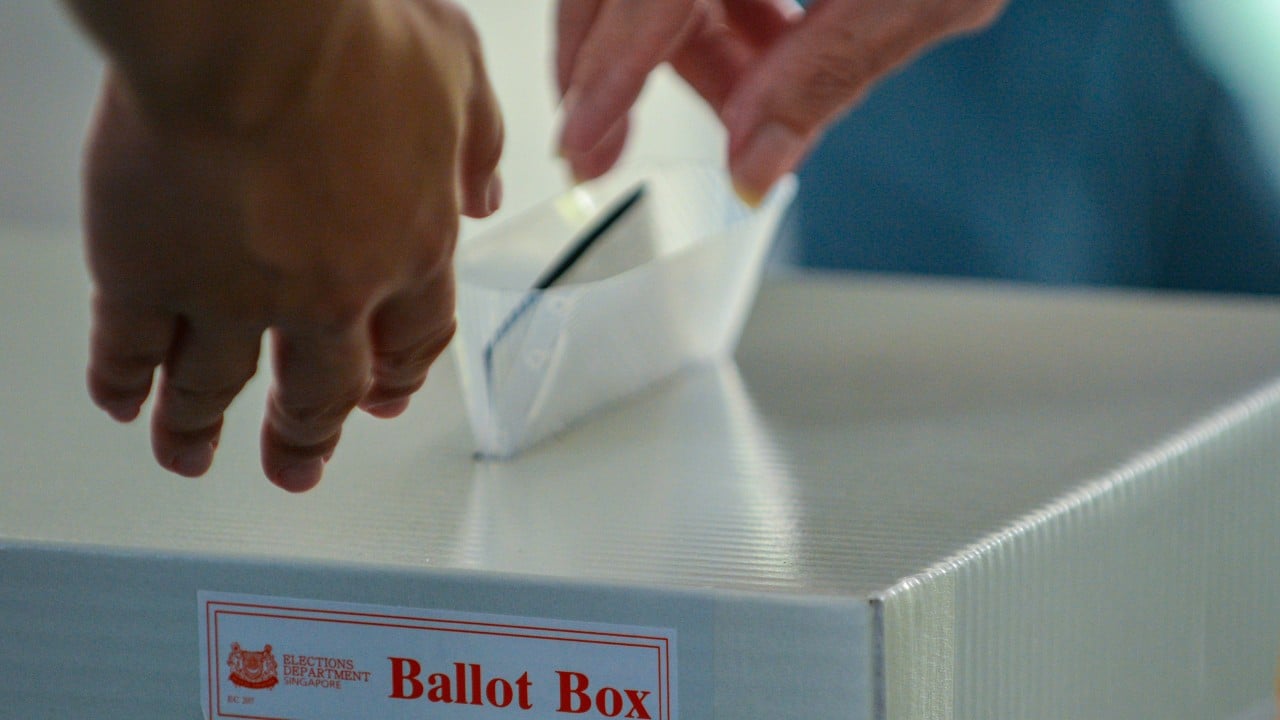It has been six months since the national polls concluded in Singapore, but the ruling People’s Action Party (PAP) is not resting on its laurels. A popular line among party faithfuls is that the PAP begins preparing for the next election the day after winning one.
Advertisement
But a recent series of salvoes against its main opponent, the Workers’ Party (WP) and leader Pritam Singh suggests a new intensity, if not strategy. Observers point to a calculated PAP approach outside election season as its recognition that future polls in the city state will become more hotly contested and may hinge on swing voters or its supporters who may be leaning towards the middle ground.
In the May general election, the PAP extended its dominance that predates Singapore’s independence, winning 87 of the 97 seats on offer while improving its overall vote share to 65.57 per cent from 61.23 per cent.
While most other opposition parties had their vote share nosedive, the WP retained its 10 elected seats and repeated its 2020 feat of winning more votes than the PAP in the constituencies it contested. In total, across the eight constituencies it ran in, the WP won more than half the votes.
But it failed to make headway in the closely watched Tampines and Punggol group representation constituencies and the Jalan Kayu single-seat race, despite a slate of strong candidates, which included former MP Faisal Manap, senior counsel Harpreet Singh and ex-diplomat Eileen Chong.
Advertisement
In the months that followed, the PAP machinery has steamed on, with cabinet ministers including Prime Minister Lawrence Wong taking aim at the WP for the way it handled an engagement with an unconventional Islamic preacher in the hustings, scrutinising Pritam Singh’s decision to go on a Malaysian podcast in June, and his most recent comments about the court of public opinion being the largest one.


